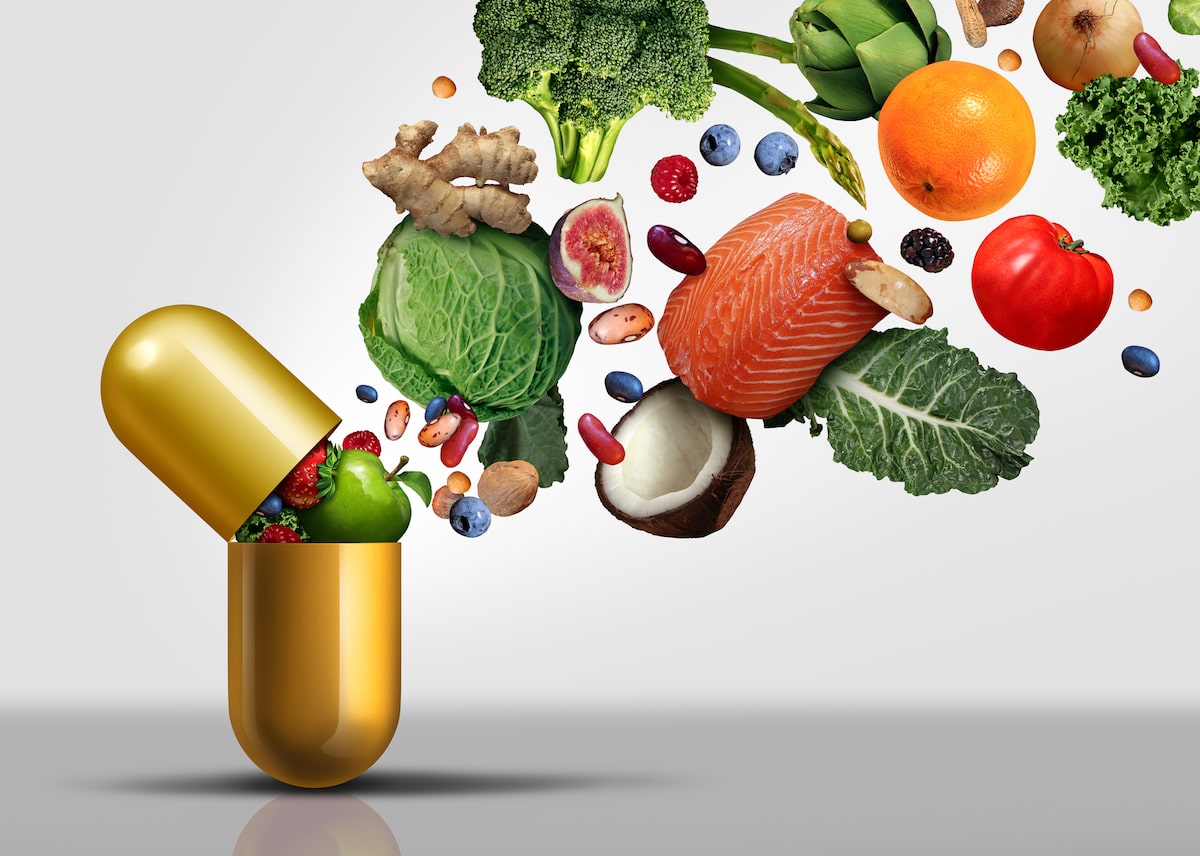<< Back
Dietary Supplements for Men: What’s Good, What’s Junk

September 18, 2020
Almost every day you see an ad or hear someone talking about taking a supplement to help with metabolism, memory or sleeping, but the shelves at the drugstore are loaded with so many types of supplements it can be dizzying. Where do you start?
“We should aim to meet our body’s nutritional needs by eating but there are definitely times we need dietary supplements to correct deficiencies,” says Eric Secor, PhD, chief of Integrated Medicine at Hartford Hospital.
Here are the most common deficiencies, which he says can be caused by poorly balanced diet, medications, chronic inflammation, aging or other medical conditions:
- Vitamin D.
- Calcium.
- Iron and Ferritin.
- Protein.
- Vitamin B complex (B12, B6 and folate).
- Essential fatty acids (EFAs) like mono and polyunsaturated fats.
- Iodine and selected symptom support.
- Selected hormones, such as testosterone and DHEA.
“It’s important we only take supplements to rectify existing deficiencies, support current medical conditions and help prevent specific and identified conditions of aging that may be inherited — more is not better in this case,” says Secor, deferring to the federal Dietary Supplement Health and Education Act (DSHEA). “Then, once you start taking a supplement to remedy a deficiency, you should be checked as needed to ensure you still need it and be on a treatment plan that includes weaning down to the lowest necessary dose.”
Millions of Americans take an array of supplements, including those Secor categorized as “nonvitamin, nonmineral” such as fish oil, Ginseng, Echinacea and melatonin. Many others rely on food products infused with nutritional supplements, called “functional food players.”
They include:
- Gatorade.
- Vitamin Water.
- Activia.
- Multigrain Cheerios.
- Special K.
- Kashi.
- Nesquick.
- Balance bars.
- Naked with probiotics.
“The marketplace is full of these ‘functional food players’ from trusted brands like PepsiCo, General Mills and Quaker,” says Secor. “But when nutritional supplements and botanicals are added into our food and drink, it may not necessarily result in a ‘boost to our health.’ Become an educated consumer and balance information from product marketing with sound medical advice.”